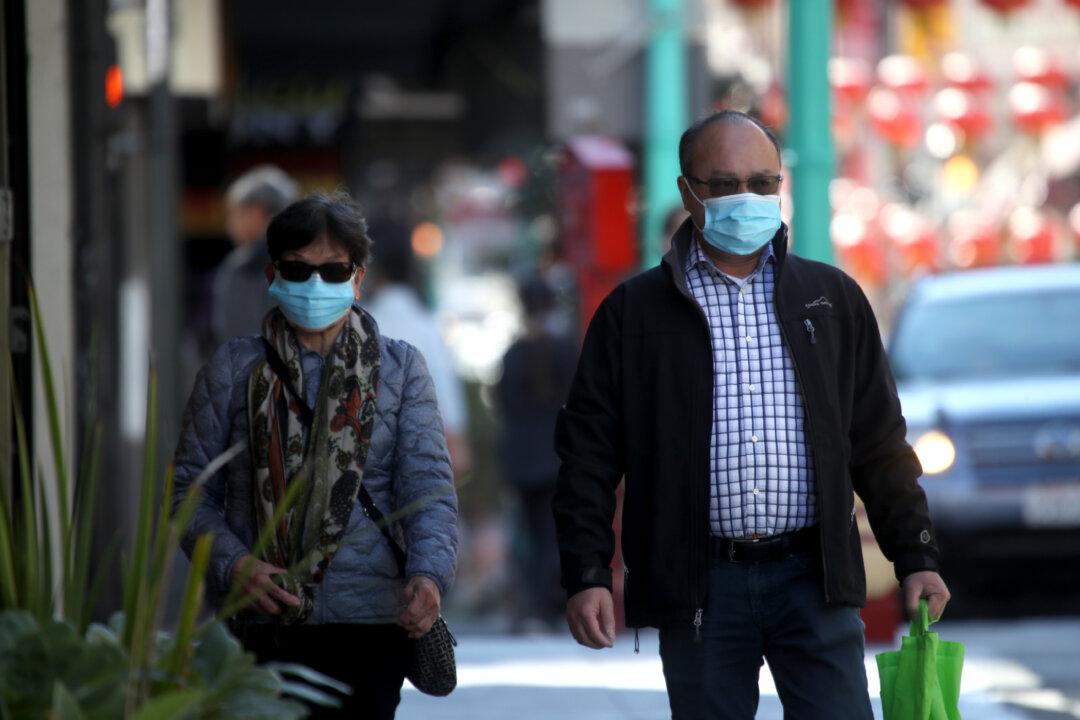Lawmakers on both sides of the aisle are seeking to strengthen the U.S. medical supply chain as shortage concerns mount in the midst of the deadly coronavirus outbreak.
The number of people with COVID-19 in the United States climbed March 3, with Washington state reporting three more deaths. According to the Centers for Disease Control and Prevention (CDC) figures as of March 4, 80 people have been infected in 13 U.S. states, including presumed cases reported by public health laboratories.





